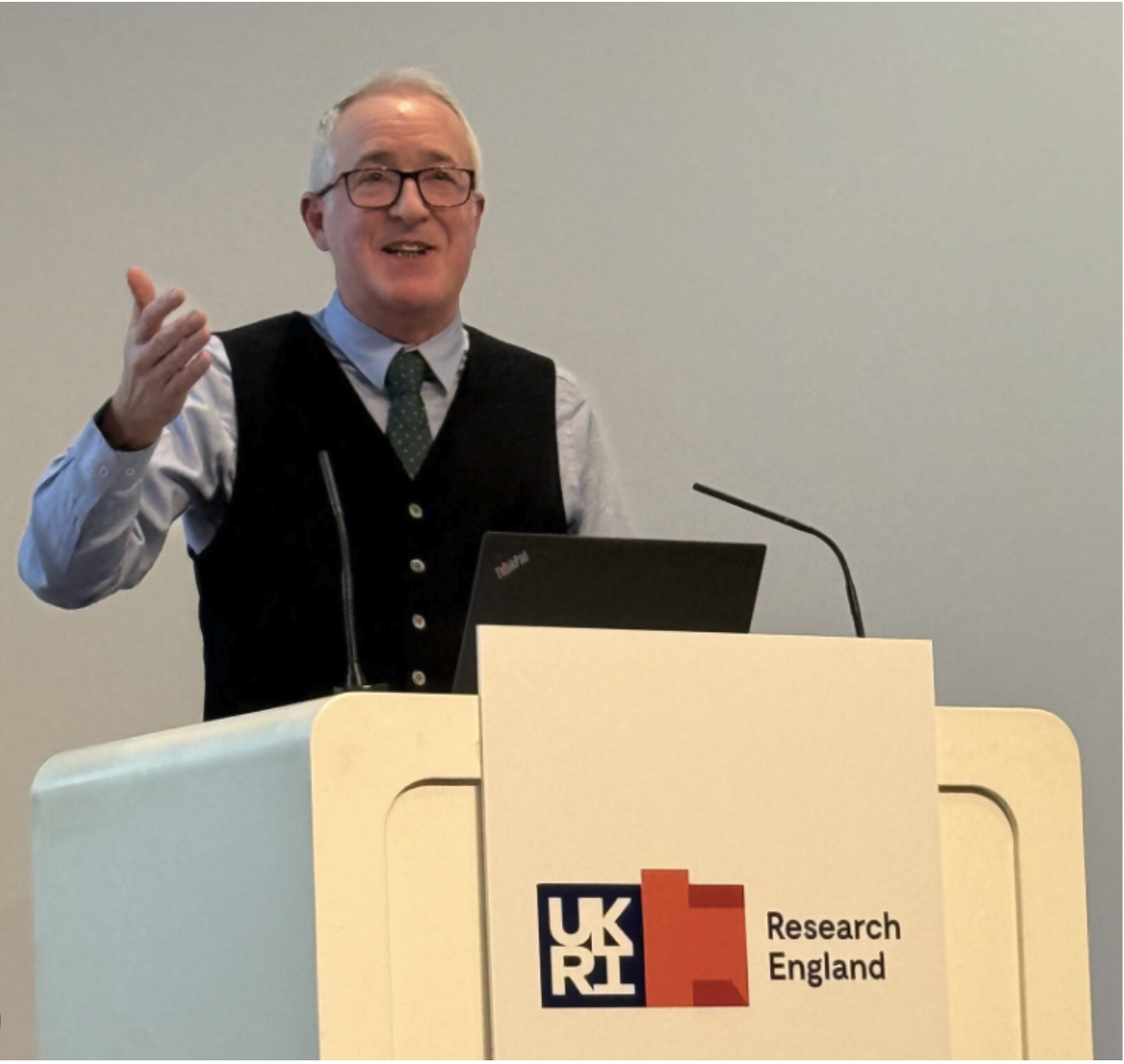TenU Operational Symposium: Retaining and Recruiting Talent
Across the globe, recruitment and retention has been a hot topic, with staff being a scarce resource. As part of TenU’s efforts to exchange insight on operational issues, UCL Business hosted the first TenU Operational Symposium (TenU OS) on the recruitment and retention challenges faced by TenU members.
Anne Lane (UCLB’s CEO), Louise Hammond (Director of Operations), Michelle Huggins (Head of People Services), and Steven Schooling (Director of Physical Sciences) welcomed a number of fantastic international speakers, including from KU Leuven, Imperial College London, Cambridge Enterprise, Edinburgh Innovations, Columbia Technology Ventures, Stanford University and MIT. The insightful session offered a platform to share knowledge between members and get creative in finding simple solutions to some of these challenges.
The key insights are outlined below.
1. Challenging times for all
Recruitment is not easy, especially when the goal is to recruit talented and highly skilled and experienced people. For universities, the challenge is deepened as they can hardly compete with the high salaries commanded by comparable roles in the corporate world. The perks of working for a university, such as flexibility and hybrid working style, do not hold much weight anymore, as remote and hybrid working have become the norm since the pandemic.
Describing roles in a way that can be easily understood outside the sector, and designing the job around the person instead of trying to fill a specific role can help facilitate the recruitment process. Moreover, all participants agreed that retaining skilled people is as much of a challenge as recruiting them. Especially at entry level, the turnover is very high, so employers need to be creative about rewarding retention. This may include offering retention bonuses and sabbaticals.
2. Career progression opportunities
HR staff have found that being transparent about career progression is a good strategy to recruit and retain skilled individuals. All agreed that offering mentorship, as well as professional and personal development opportunities, is a good and simple solution.
But retention shouldn’t be the only goal. Developing students and entry level employees is understood to be a university’s role and that comes with turnover. This can be seen as an opportunity to innovate.
3. Hybrid working has become the norm
Since the pandemic many people work from home, but this has an impact on campus presence. While working from home may offer improved work-life balance, working in the office encourages stimulating discussions and opportunities to learn through observation.
One day a week in the office was perceived as too little, and directors agreed that two to three days would be a better solution in regaining that much-sought balance.
4. Workload management
As it is difficult for universities to compete with salaries, providing flexibility is a key perk. Flexibility should be accompanied by an environment that encourages and rewards good workload management. This may include providing a safe environment that stimulates strategic talks about both team and individual workload and offering resources where they are needed.
Being aware about the pressures surrounding contemporary working practices and home life, may help too. For instance, Belgium introduced a law that gives staff the right to stay disconnected from work after hours and during vacation.
5. Reward schemes to be tailored to different groups
There are no ‘one size fits all‘ solutions for rewarding staff; participants agreed that reward schemes should be designed to suit different needs.
HR staff have found that younger generations place higher importance on recognition than older generations. Spotlight awards that create visibility across the company have been met with enthusiasm by junior staff. Senior staff, in turn, are more interested in pension benefits. Others welcome time off, most a bonus.
On the matter of bonuses, an important point was made that these should not be limited to the staff at the negotiating table. To get a successful deal signed, a whole team will be involved one way or other. For example, this may include welcoming important clients or investors: a warm welcome is key in making a deal.
TenU Operational Symposium is a series of internal events offering TenU members the opportunity to exchange insight on operational issues and learn from each other. The next TenU OS event will be held in July 2023 and hosted by TenU member University of Manchester Innovation Factory.
TenU is an international collaboration formed to capture effective practices in research commercialisation and share these with governments and higher education communities. Its members work together to increase the societal impact of research. TenU members are the technology transfer offices of the University of Cambridge, Columbia University, University of Edinburgh, Imperial College London, KU Leuven, University of Manchester, MIT, University of Oxford, Stanford University, and UCL.
TenU is funded by Research England and hosted by Cambridge Enterprise.








